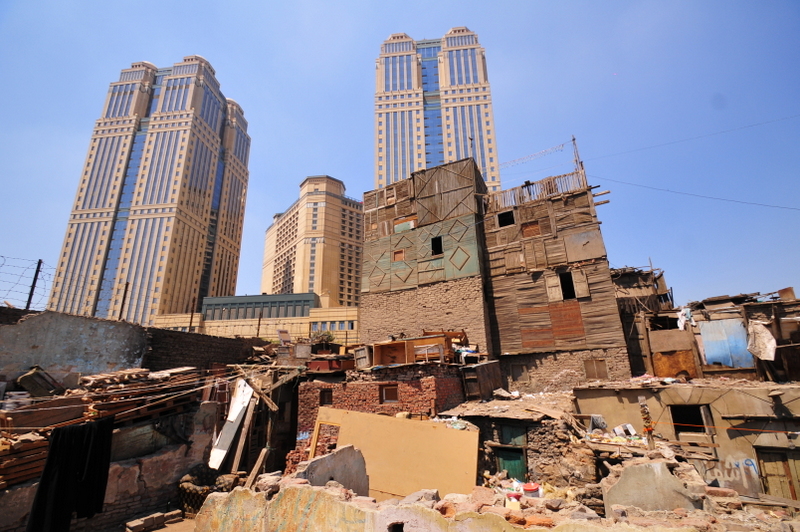Ahmed Darwish, the deputy housing minister for urban renewal and informal settlement, said that 40% of Egyptian buildings are unplanned and informal and that 1% of these informal areas are unsafe for residents.
Darwish added that the number of unsafe areas is 351, noting that the ministry is working on developing 72 areas to build 63,000 housing units by the end of 2018 to absorb people who live in slums.
During the third corporate social responsibility (CSR) annual conference, Darwish noted that the most important area that is currently under development is the Maspero triangle, pointing out that the development covers all parts of the country and is not limited to Cairo only.
In this regard, the executive manager of the Egyptian European Organization for Training and Development (EEOTD), Ekramy Onsi Saweros, said that his organisation is approaching the completion of the adaptation to and overcoming the environmental variables of the project by the end of the current year. The project is being carried out in cooperation with the German Technical Cooperation Agency (GTZ) with funding worth €100,000.
Saweros told Daily News Egypt that the programme depends on educating the population about the informal areas, especially housewives, families, and school students, by rooting a culture of electricity consumption, cultivating plants on home surfaces, and painting graffiti.
Saweros noted that the organisation completed the training of 1,200 young people last year in the informal settlements of Abu Hattah, El Bahr Al-A’zam, Manshiyet Nasser, and Ezbet Khairallah in Cairo.
He pointed out that the training targeted young people in the field of construction in order to provide them with job opportunities in cooperation with the Arab Contractors Company. The trainees receive a certificate of experience to facilitate acquiring a job in one of the contracting companies.
“The financing of the project amounted to EGP 500,000 from the previous Ministry of Housing,” said Saweros. “EEOTD is organising an initiative in cooperation with the International Labour Organization (ILO) to protect child labour from work hazards.”
He said that the initiative aims at providing a programme to protect children from dangerous work and to provide them other jobs with security. The programme is aimed at giving children the opportunity to be educated through literacy classes.
The project will start during the second half of the current year in cooperation with the ILO, which has not yet identified the funding needed by the project, he said.




